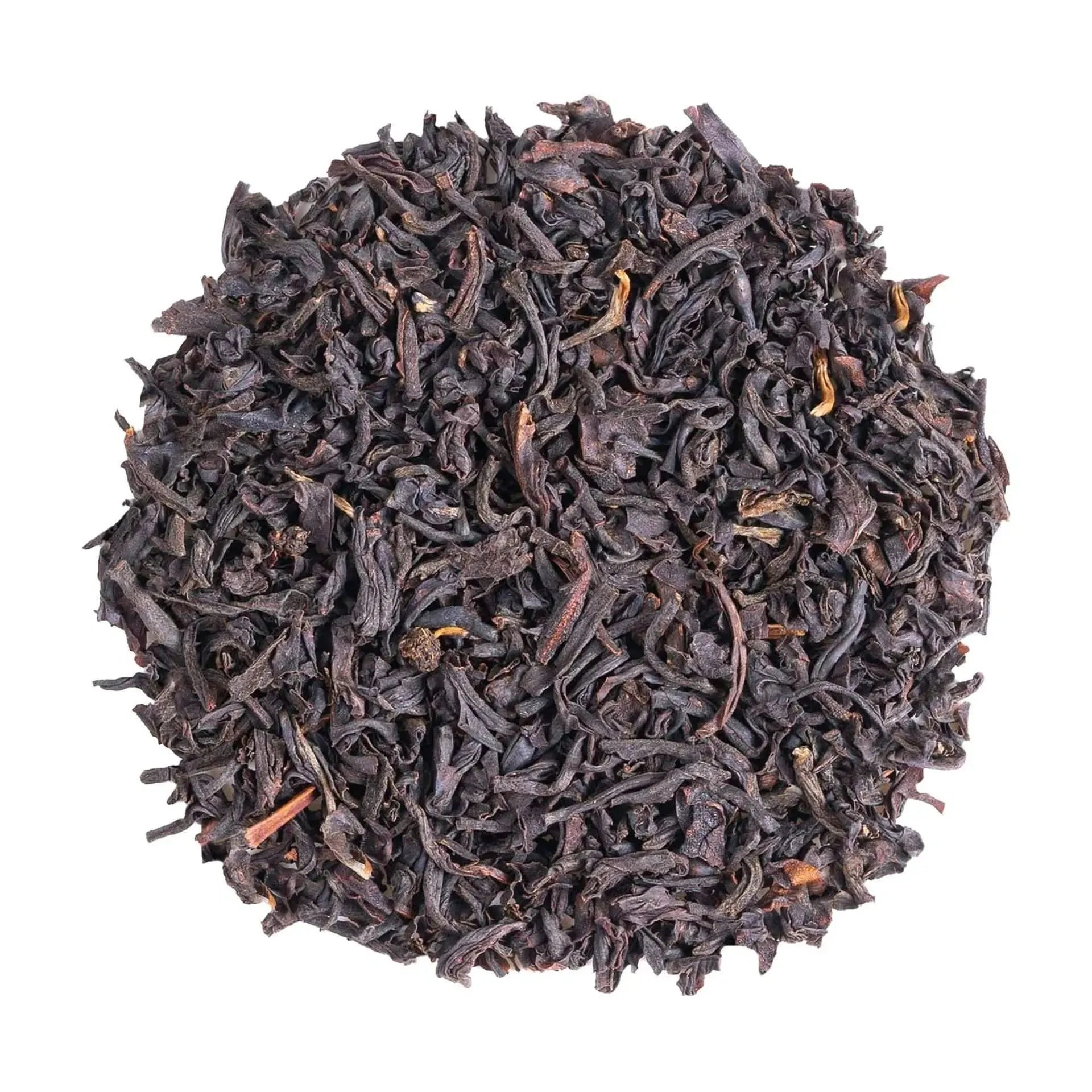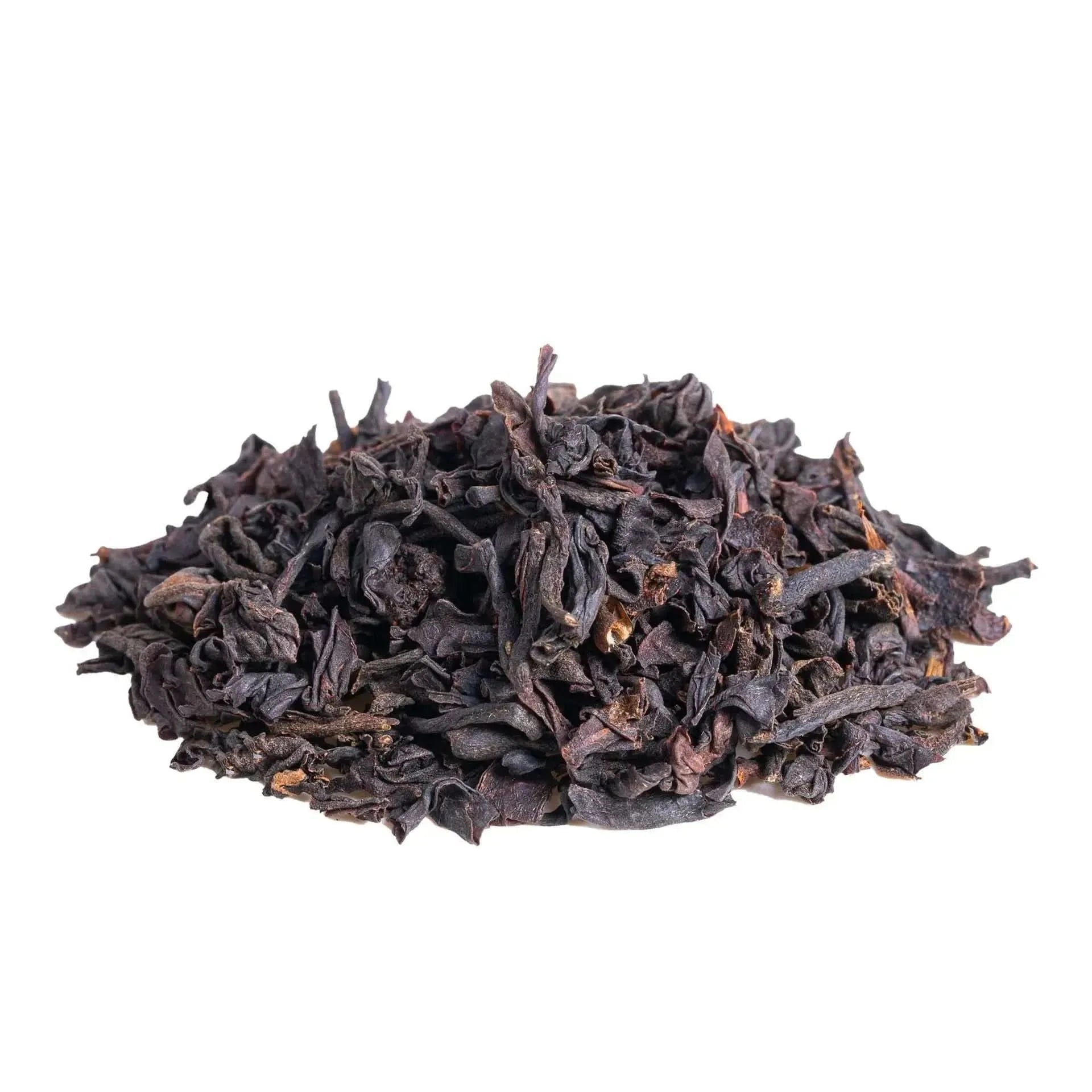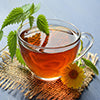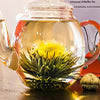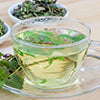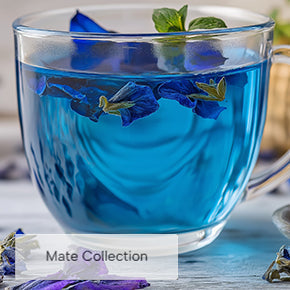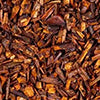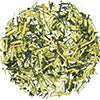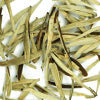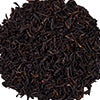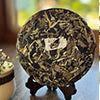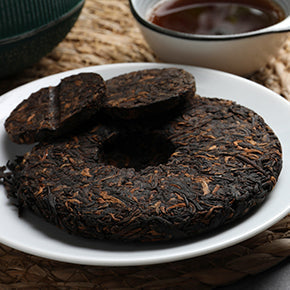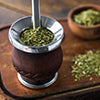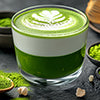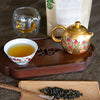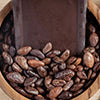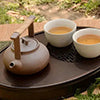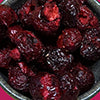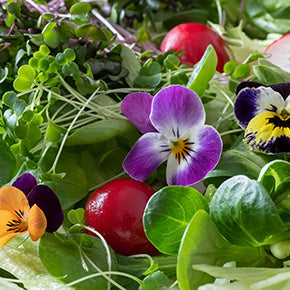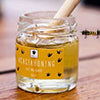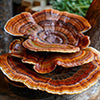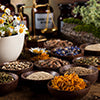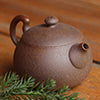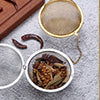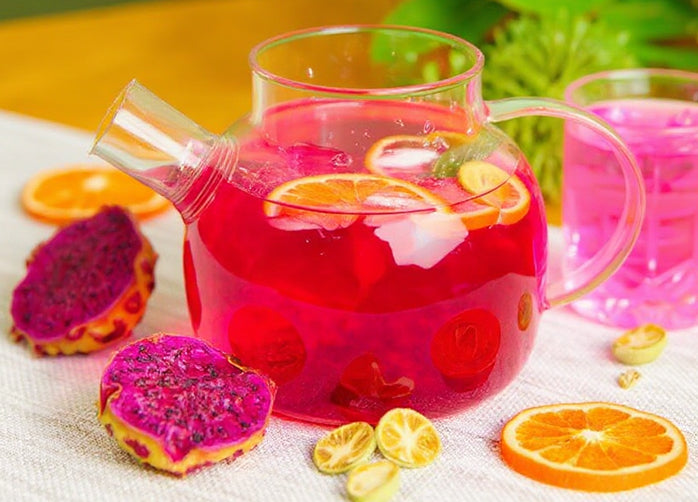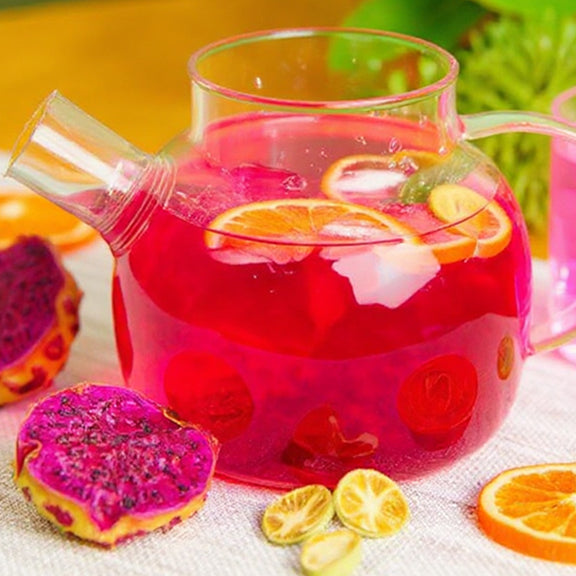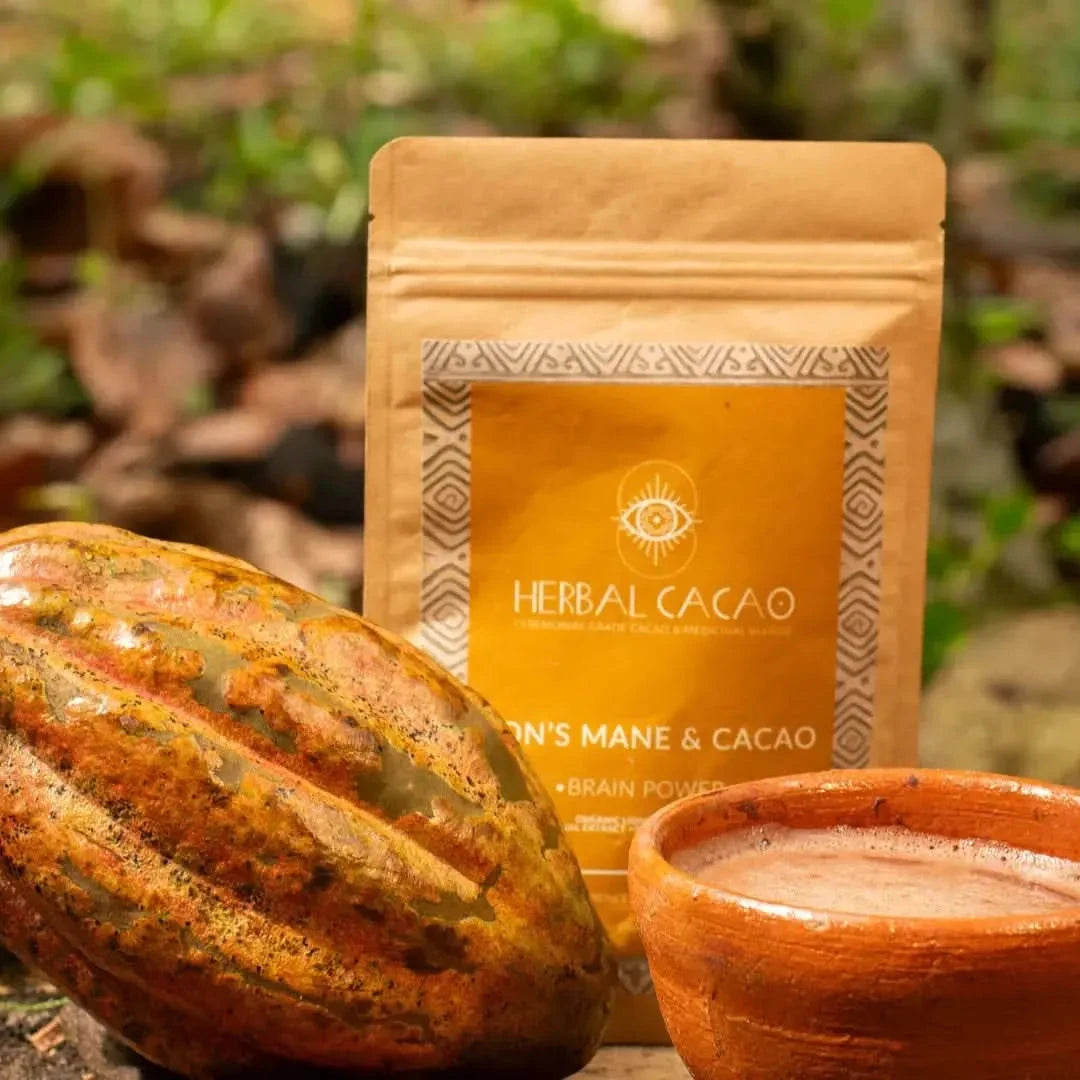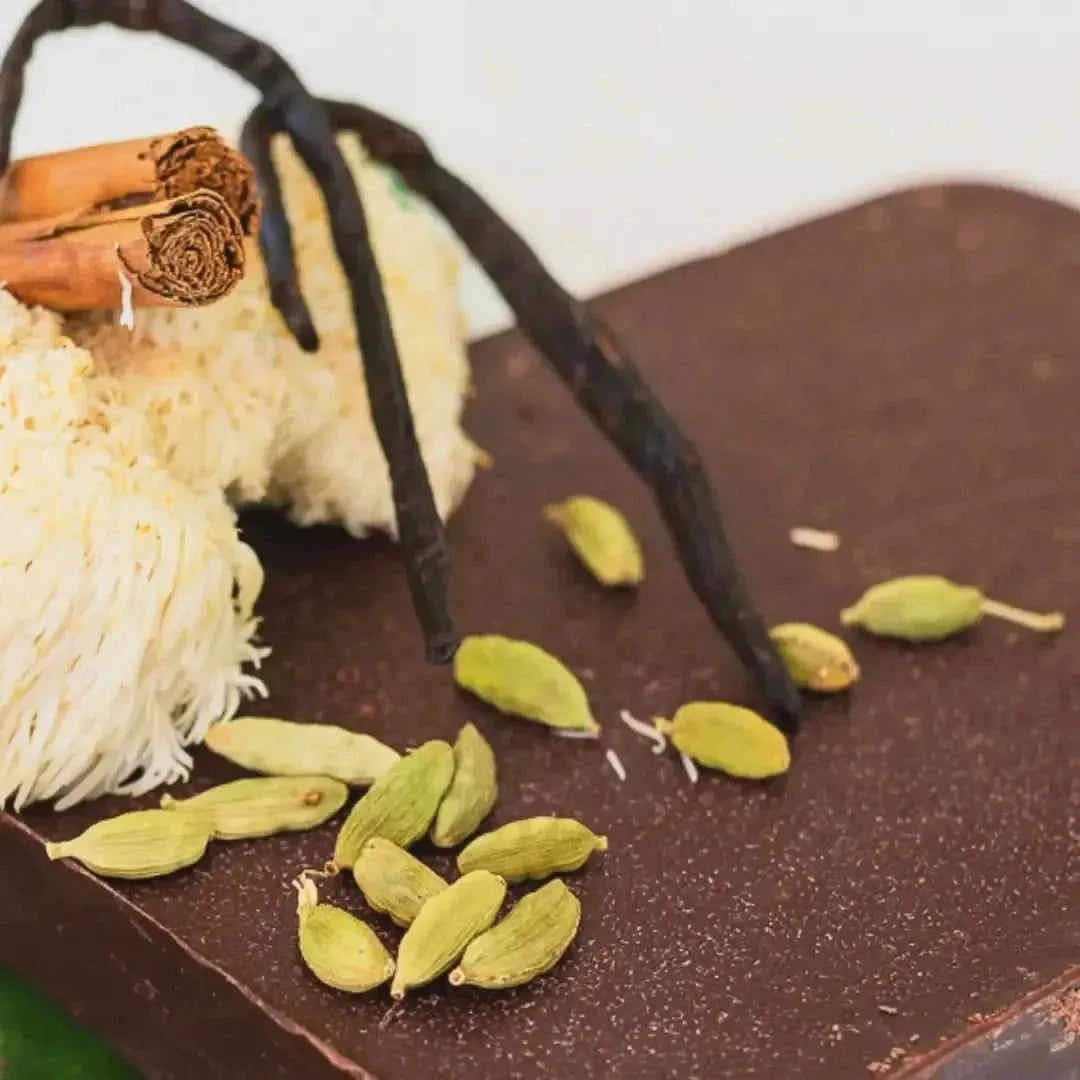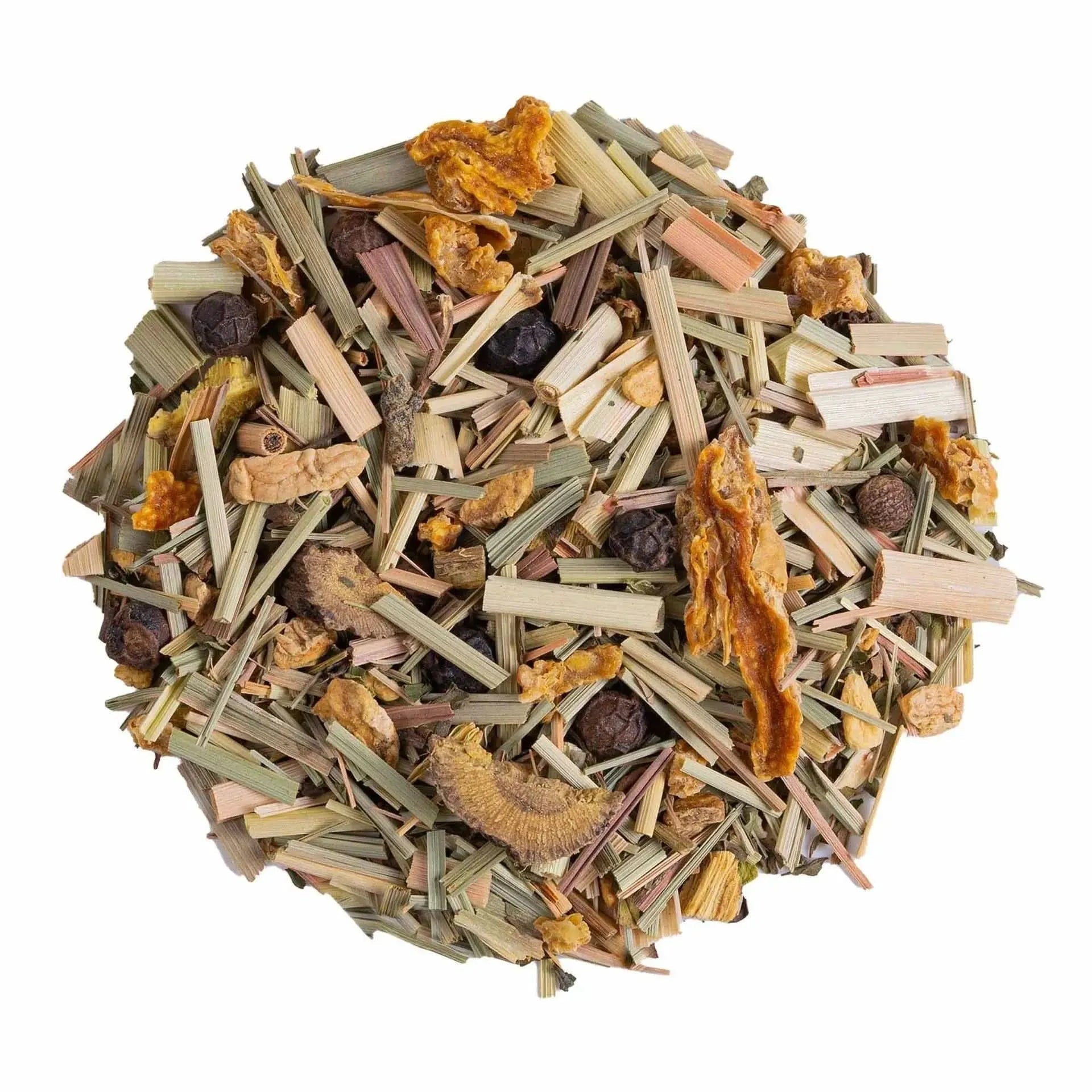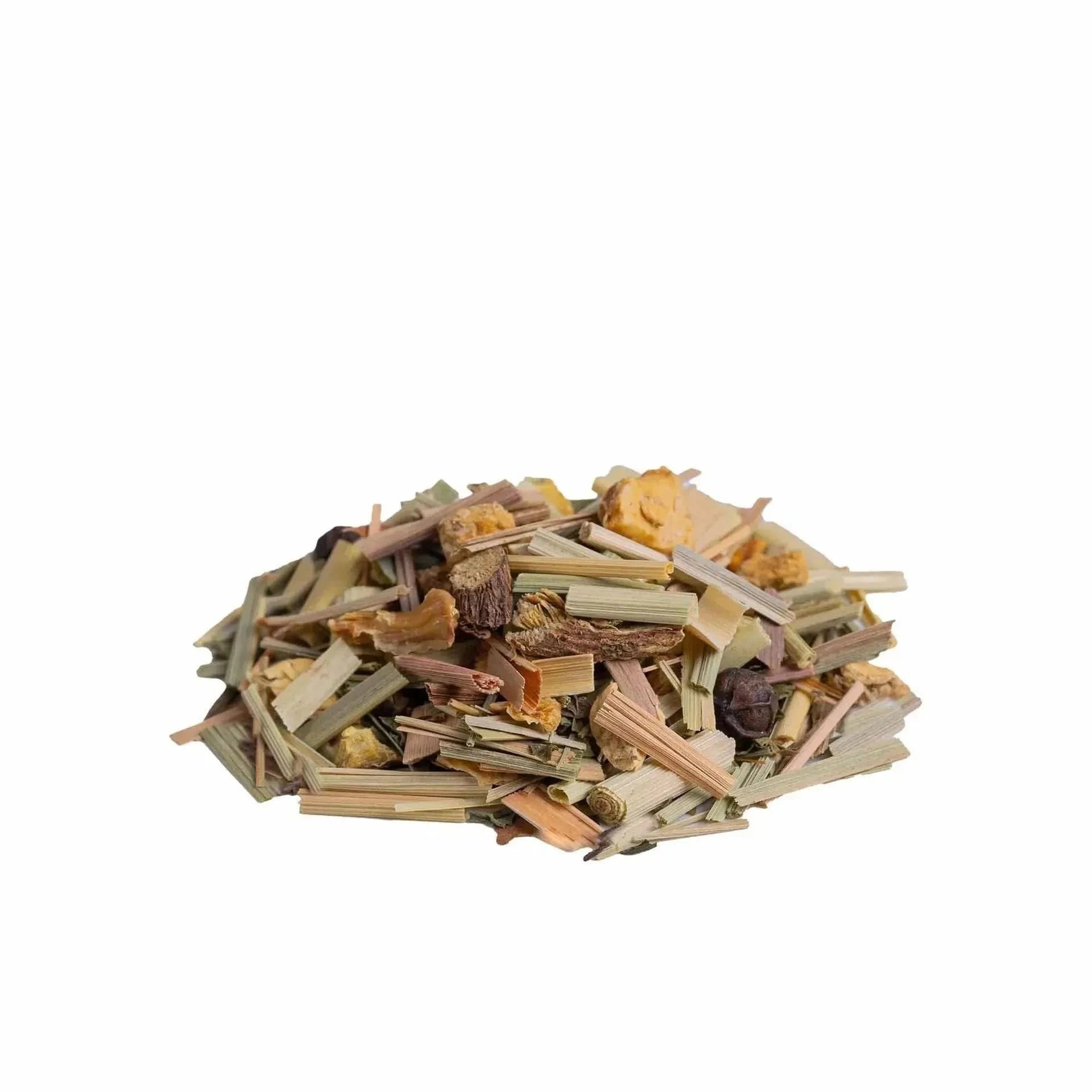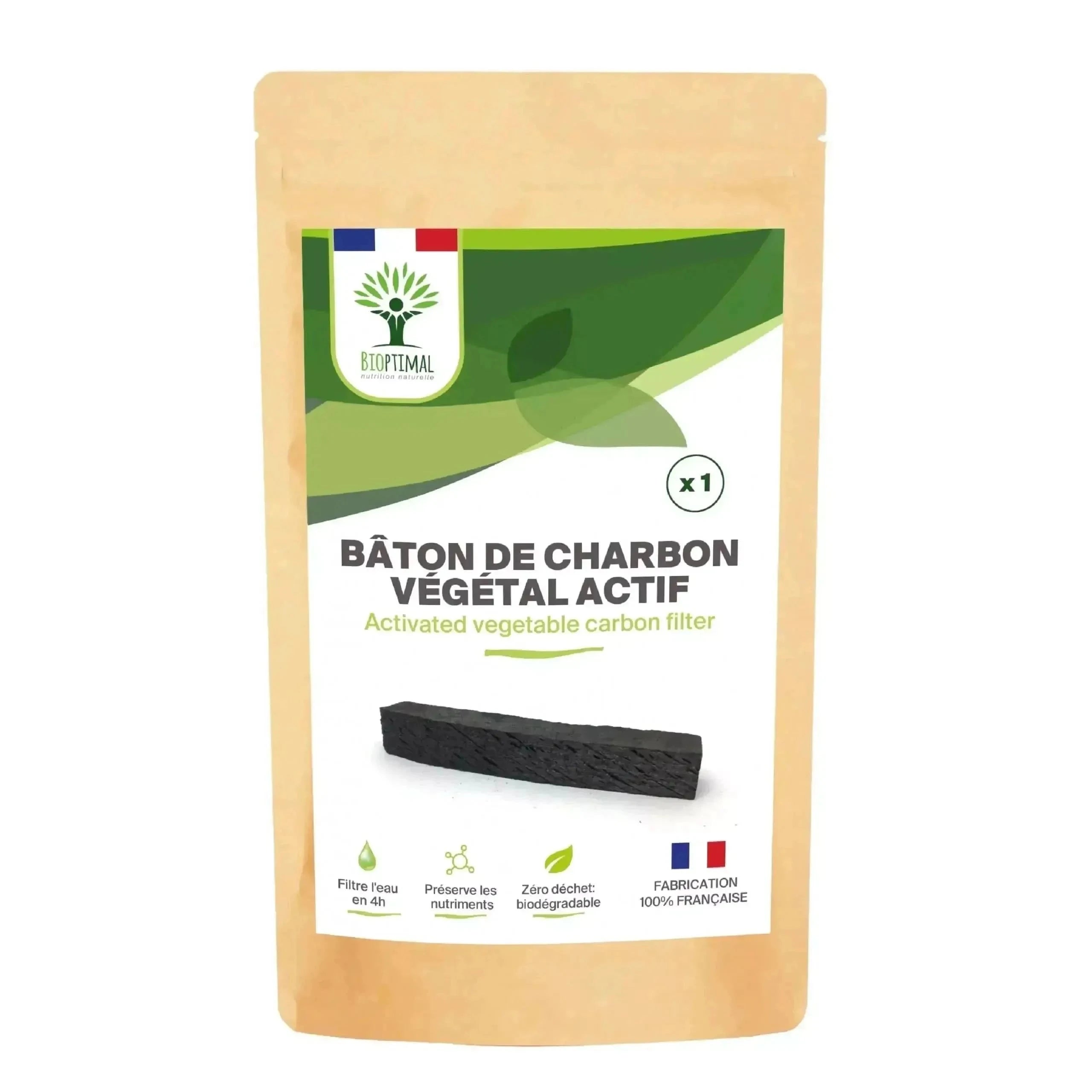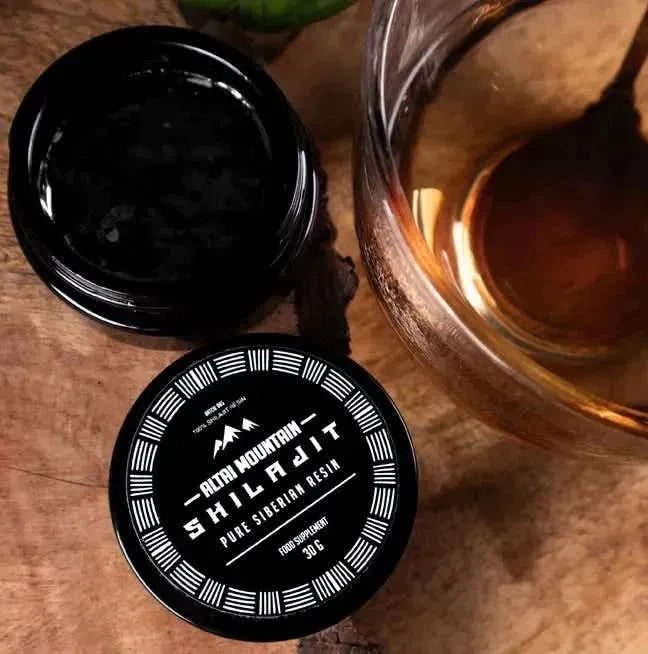Black Tea China Op Jinjing - Orange Pekoe Traditional Leaf
“From Paris With Love” Green tea blend, loose tea 100g Premium Natural
Taste:
Violet Raspberry
- A wonderful taste: a special combination of sweet raspberries and delicate violets
- With premium natural ingredients
- Enjoy warm or as iced tea
- A perfect gift for family, friends and tea lovers
- Made in Germany: Made in Germany
- Quick preparation in just 3 minutes
- Well packaged in a resealable aroma protection tin and bag
Produced by Infuzion
Guarantee Safe Checkout
Traditional Black Tea Preparation
For optimal flavor extraction:
- Use 13 grams of tea per liter of water
- Heat water to 100°C (212°F)
- Steep for 3-5 minutes
- For iced tea, brew at double strength and pour over ice
- Can be enjoyed plain or with milk and sweetener according to preference
Traditional Black Tea Origins
China OP Jinjing contains:
- Assam Black Tea: Known for its rich, malty character and deep amber color, sourced from India's premier tea-growing region
- South Indian Black Tea: Contributes lighter, floral notes and a smooth finish to the blend
Black Tea Health Properties
Traditional benefits of this blend include:
- Heart Health Support: Rich in flavonoids that may help reduce cardiovascular risks
- Antioxidant Protection: Contains catechins and theaflavins that combat free radicals
- Blood Sugar Balance: Polyphenols may help regulate glucose levels
- Digestive Health: Compounds that support healthy gut bacteria
- Mental Alertness: Natural caffeine content promotes focused energy
- Immune Function: Thearubigins may enhance immune response
Tea Heritage of Two Regions
This blend represents the rich tea traditions of both Assam and South India:
- Assam's tea cultivation began in the 1830s, leading to the development of unique processing methods
- South Indian tea traditions emerged in the Nilgiri Hills, where unique growing conditions create distinctive flavor profiles
- Both regions contribute to India's position as one of the world's leading tea producers
- The blending of teas from different regions reflects the evolution of tea culture in India

